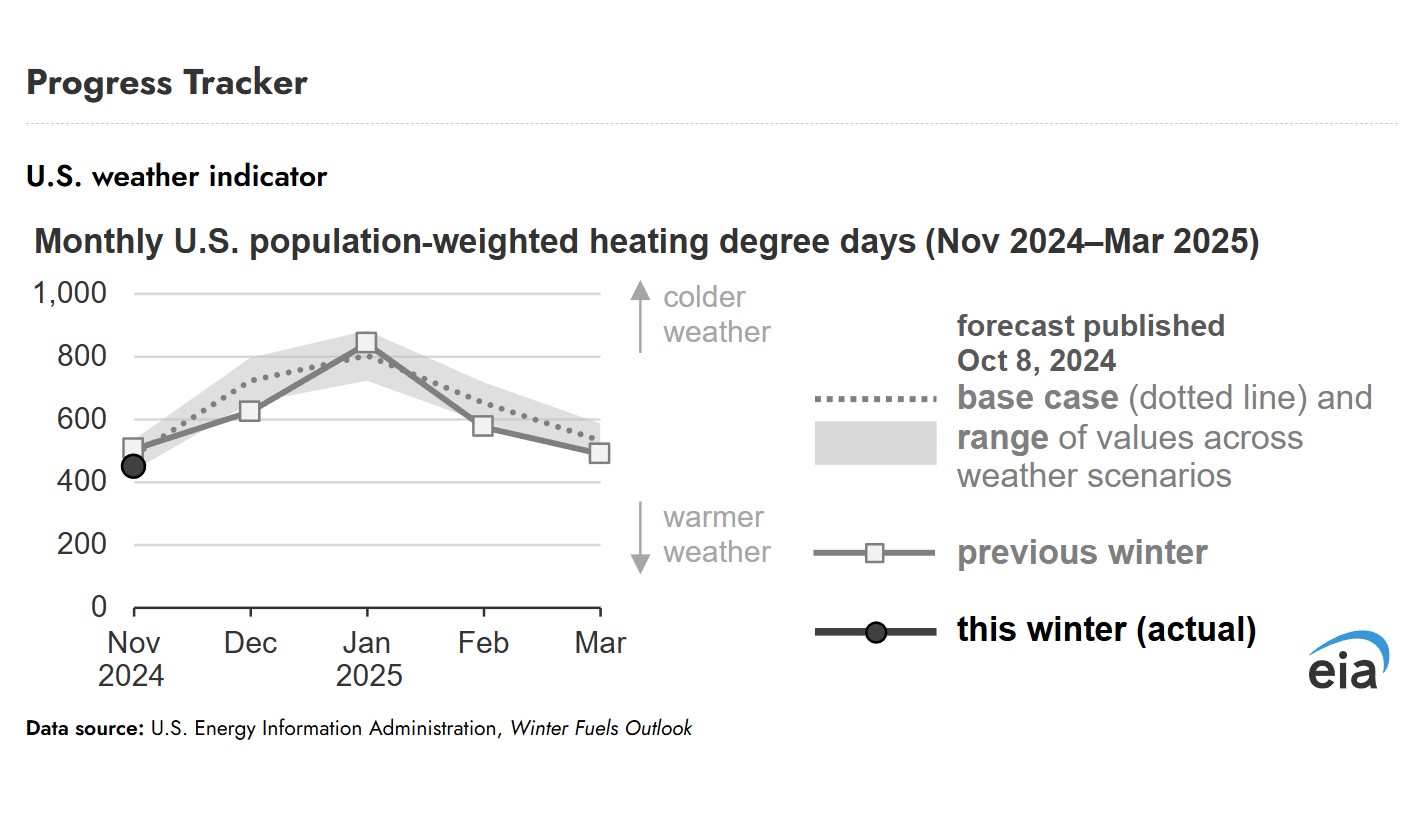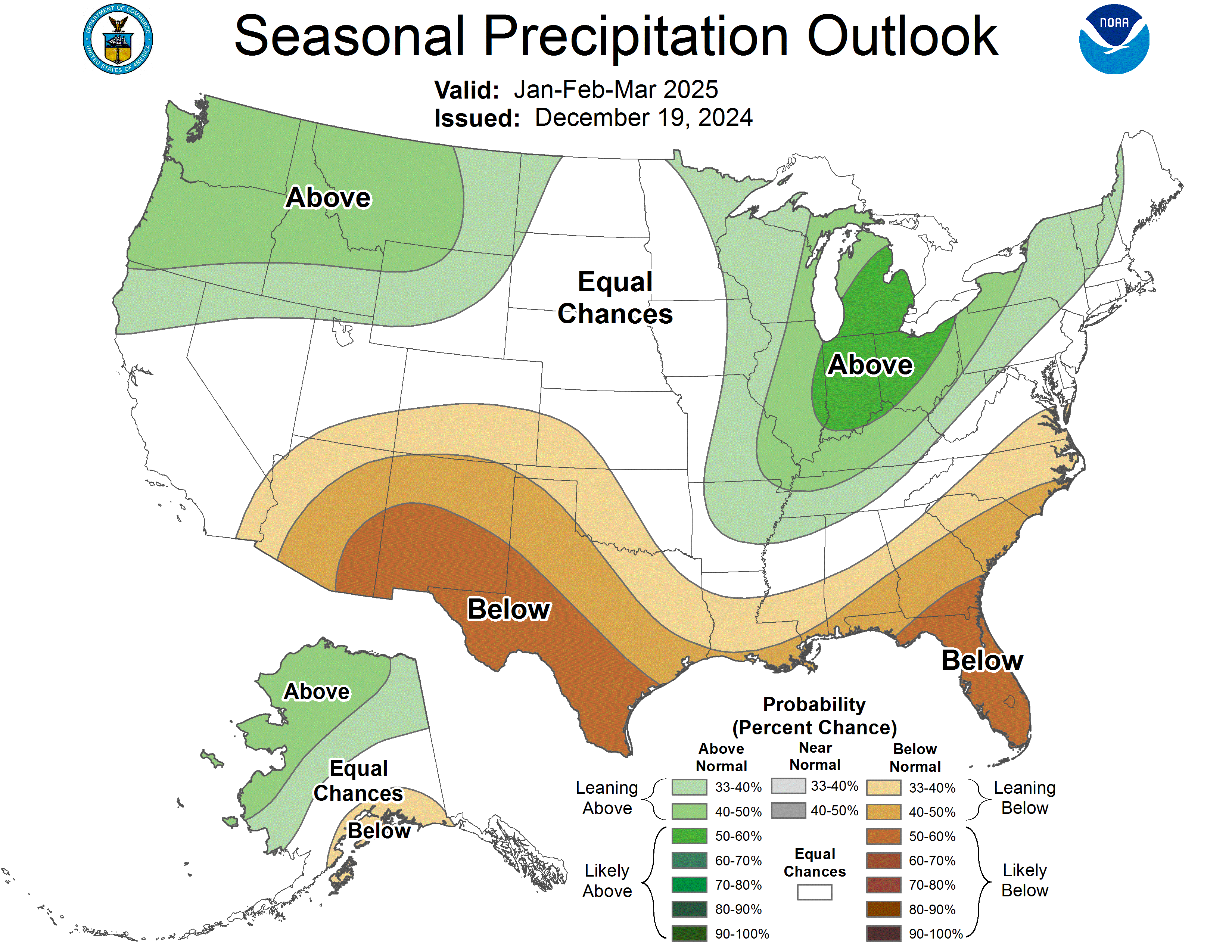Electric Heat vs Gas Heat: Which Is Cheaper?
The choice of electric heat vs gas heat could have a big impact on your energy bills this winter.

Profit and prosper with the best of Kiplinger's advice on investing, taxes, retirement, personal finance and much more. Delivered daily. Enter your email in the box and click Sign Me Up.
You are now subscribed
Your newsletter sign-up was successful
Want to add more newsletters?

Delivered daily
Kiplinger Today
Profit and prosper with the best of Kiplinger's advice on investing, taxes, retirement, personal finance and much more delivered daily. Smart money moves start here.

Sent five days a week
Kiplinger A Step Ahead
Get practical help to make better financial decisions in your everyday life, from spending to savings on top deals.

Delivered daily
Kiplinger Closing Bell
Get today's biggest financial and investing headlines delivered to your inbox every day the U.S. stock market is open.

Sent twice a week
Kiplinger Adviser Intel
Financial pros across the country share best practices and fresh tactics to preserve and grow your wealth.

Delivered weekly
Kiplinger Tax Tips
Trim your federal and state tax bills with practical tax-planning and tax-cutting strategies.

Sent twice a week
Kiplinger Retirement Tips
Your twice-a-week guide to planning and enjoying a financially secure and richly rewarding retirement

Sent bimonthly.
Kiplinger Adviser Angle
Insights for advisers, wealth managers and other financial professionals.

Sent twice a week
Kiplinger Investing Weekly
Your twice-a-week roundup of promising stocks, funds, companies and industries you should consider, ones you should avoid, and why.

Sent weekly for six weeks
Kiplinger Invest for Retirement
Your step-by-step six-part series on how to invest for retirement, from devising a successful strategy to exactly which investments to choose.
With energy bills putting a crunch on the U.S. this winter, comparing the costs of electric heat vs gas heat can be an important decision for homeowners looking to save money.
When Kiplinger looked at this same question last year, we concluded that gas heat was the cheaper option. However, a new study found flaws in the way electric heating costs are accounted for, changing the cost outlook. Moreover, electricity costs vary substantially from one U.S. state to another.
In this year’s winter fuels outlook, published by the Energy Information Agency (EIA), it’s forecasted that from November through March, heating-oil customers will pay $1,410; propane users, $1,189; electricity users, $1,054; and gas users, $602. However, according to a recent study from Rewiring American, published by The Guardian, the expected costs for electricity users can be misleading, as it doesn’t distinguish between older electric-resistance appliances and heat pumps.
From just $107.88 $24.99 for Kiplinger Personal Finance
Become a smarter, better informed investor. Subscribe from just $107.88 $24.99, plus get up to 4 Special Issues

Sign up for Kiplinger’s Free Newsletters
Profit and prosper with the best of expert advice on investing, taxes, retirement, personal finance and more - straight to your e-mail.
Profit and prosper with the best of expert advice - straight to your e-mail.
Heat pumps are highly efficient, and can cut electricity use by 50% when compared with electric resistance heating, according to the Department of Energy. Because of this, if you’re using a heat pump to warm your home, you’ll likely pay much less than forecasted by the EIA. And they aren't just for mild climates; chilly Maine is leading the country in installing heat pumps.
Additionally, Rewiring America says in the report that "the agency includes all uses of each fuel in its cost estimates, meaning cost projections for electricity customers include energy used to power other electric appliances such as refrigerators and electronics."
Here's a graph from the EIA illustrating heating degree days for this winter and when you're most likely to use your heat pump or furnace:

Furthermore, while temperatures might remain steady or even above average for the Southeast and Southwest, precipitation is also higher, indicating a snowier winter. This map from the National Weather Service shows where winter weather might be more active:

While heating costs will be around the average, according to the EIA, some parts of the country could have higher bills. If you live in the Midwest and use natural gas for heating, you could expect an average increase of 11% in heating costs.
However, newer, more efficient heating technologies continue to get cheaper, particularly as economies of scale and subsidies kick in at the state and federal levels.
Electric heat: cost to run
According to the EIA’s Electric Power Monthly report, the average cost of electricity in the U.S. is 16.94 cents per kilowatt hour or kWh. As stated above, the EIA projects that electric heating costs for U.S. homeowners will average $1,054 for winter 2024-2025.
The Efficiency Maine Trust provides the following cost breakdown for electric heating systems:
| Fuel Type (Units) | Cost per Unit Delivered | Heating System | Annual Cost |
|---|---|---|---|
| Electric (kWh) | 0.22 | Geothermal Heat Pump | $ 2,060 |
| Electric (kWh) | 0.22 | Heat Pump (ductless) | $ 2,197 |
| Electric (kWh) | 0.22 | Heat Pump (ducted) | $ 2,746 |
| Electric (kWh) | 0.22 | Electric Baseboard | $ 5,932 |
| Row 4 - Cell 0 | Row 4 - Cell 1 | Row 4 - Cell 2 | Row 4 - Cell 3 |
According to the U.S. Department of Energy (DOE), installing a more energy-efficient electric heat pump can reduce energy usage in your home significantly, compared to traditional electric resistance heating such as furnaces and baseboard heaters. The most common type, ducted air-source heat pumps, reduces energy use by approximately 50%. More expensive options like geothermal heat pumps can reduce energy use by up to 60%. This type of upgrade saves you on a monthly basis, but you should include sizable upfront installation costs as part of your bill calculations.
However, the American Council for an Energy-Efficient Economy reports that heat pumps may not provide enough heat in especially cold northern regions, resulting in a need for alternative fuel sources and higher bills. In addition, many homeowners may not be able to use the most efficient geothermal heat pump type, which requires digging a large trench near or under your home, according to the DOE.
Gas heat: cost to run
According to the EIA’s Electric Power Monthly report, the average cost of gas heat in for U.S. homeowners will average $602 for winter 2024-2025.
The Efficiency Maine Trust provides the following cost breakdown for gas heating systems:
| Fuel Type (Units) | Cost per Unit Delivered | Heating System | Annual Cost |
|---|---|---|---|
| Natural Gas (therm) | 1.75 | Natural Gas Boiler | $ 1,944 |
| Natural Gas (therm) | 1.75 | Natural Gas Room Heater | $ 1,988 |
| Natural Gas (therm) | 1.75 | Natural Gas Furnace | $ 2,164 |
| Row 3 - Cell 0 | Row 3 - Cell 1 | Row 3 - Cell 2 | Row 3 - Cell 3 |
How fuel source affects home values
For homeowners worried about their home's resale value if they convert to efficient electric heat, there's good news. According to Remodeling magazine's 2024 Cost vs Value report, a conversion from fossil fuel heating and cooling sources to electric is one of the most valuable remodeling project a homeowner can do. These projects reap, on average, 66.1% value at resale relative to the cost. These estimates are based on a project that removes a fossil-fuel-burning furnace and fully installs an electric heat pump for heating and cooling a 2,000-square-foot home.
The verdict
The most common electric heat systems have higher monthly operating costs compared with the most common natural gas systems, according to the most recent U.S. government statistics. But efficient heat pumps will save you money, especially over the system's lifetime when compared to gas furnaces.
In some cases, geothermal electric heat pumps can save you money over the most cost-efficient natural gas boilers. They are generally more efficient than gas furnaces and use less source energy on average in moderate climates. However, the more complicated geothermal heat pump systems aren't an option for homeowners without land for an underground trench.
Electric heat pumps, especially when sweetened with tax credits that lower the cost of installation, are the best choice for many homes. Over the next decade, however, the cost of electricity may rise given the enormous strain on the nation's electricity supply. This heightened demand is driven largely by the huge amounts of electricity needed by artificial intelligence, cryptocurrency mining, data centers and clean technology factories.
No matter your choice, you can also meaningfully lower your heating costs by doing a few important things.
- If you only use certain rooms in your home, try to use spot heating rather than running your whole home system.
- Keep your thermostat setting at 68 degrees for the majority of each winter day. And if you're away from your home often, a smart thermostat allows you to save:
- Consider getting a home energy audit to identify fixes that optimize efficiency and comfort.
- Once you have the audit in hand, apply fixes like caulking, weather stripping, insulation, and air filter changes.
- Don't forget to claim the energy efficiency home improvement tax credits from the Inflation Reduction Act.
For more energy-saving content, check out our home savings hub.
Related content
- U.S. home heating oil prices
- Electric heaters vs radiators: is it better to spot heat or heat the whole house?
- Heat pumps vs solar panels
- Oven vs air fryer
- Microwaves vs air fryers
- Wood-burning stove vs central heating
- Kiplinger's guide on how to save on utility bills.
Profit and prosper with the best of Kiplinger's advice on investing, taxes, retirement, personal finance and much more. Delivered daily. Enter your email in the box and click Sign Me Up.

Ellen writes and edits retirement stories. She joined Kiplinger in 2021 as an investment and personal finance writer, focusing on retirement, credit cards and related topics. She worked in the mutual fund industry for 15 years as a manager and sustainability analyst at Calvert Investments. She earned a master’s from U.C. Berkeley in international relations and Latin America and a B.A. from Haverford College.
- Erin BendigPersonal Finance Writer
- Ben DemersAudience Engagement Manager, Kiplinger.com
-
 The New Reality for Entertainment
The New Reality for EntertainmentThe Kiplinger Letter The entertainment industry is shifting as movie and TV companies face fierce competition, fight for attention and cope with artificial intelligence.
-
 Stocks Sink With Alphabet, Bitcoin: Stock Market Today
Stocks Sink With Alphabet, Bitcoin: Stock Market TodayA dismal round of jobs data did little to lift sentiment on Thursday.
-
 Betting on Super Bowl 2026? New IRS Tax Changes Could Cost You
Betting on Super Bowl 2026? New IRS Tax Changes Could Cost YouTaxable Income When Super Bowl LX hype fades, some fans may be surprised to learn that sports betting tax rules have shifted.
-
 How Much It Costs to Host a Super Bowl Party in 2026
How Much It Costs to Host a Super Bowl Party in 2026Hosting a Super Bowl party in 2026 could cost you. Here's a breakdown of food, drink and entertainment costs — plus ways to save.
-
 How to Watch the 2026 Winter Olympics Without Overpaying
How to Watch the 2026 Winter Olympics Without OverpayingHere’s how to stream the 2026 Winter Olympics live, including low-cost viewing options, Peacock access and ways to catch your favorite athletes and events from anywhere.
-
 Here’s How to Stream the Super Bowl for Less
Here’s How to Stream the Super Bowl for LessWe'll show you the least expensive ways to stream football's biggest event.
-
 The Cost of Leaving Your Money in a Low-Rate Account
The Cost of Leaving Your Money in a Low-Rate AccountWhy parking your cash in low-yield accounts could be costing you, and smarter alternatives that preserve liquidity while boosting returns.
-
 Who Counts as Family on a Mobile Phone Plan?
Who Counts as Family on a Mobile Phone Plan?Family phone plans aren’t just for parents and kids anymore. Here’s who can share a plan, how much you can save and what to watch out for before you bundle.
-
 Pay-As-You-Go vs. Monthly Plans: Which Saves More for Light Phone Users?
Pay-As-You-Go vs. Monthly Plans: Which Saves More for Light Phone Users?Light phone users may be paying for data they never use. Here's how pay-as-you-go and low-cost monthly plans really compare.
-
 Keeping Your Number When You Switch Phone Plans: What Can Go Wrong and How to Avoid It
Keeping Your Number When You Switch Phone Plans: What Can Go Wrong and How to Avoid ItA simple checklist to keep your number, avoid delays and protect your phone plan deals.
-
 Do You Really Need All Those Phone Plan Perks?
Do You Really Need All Those Phone Plan Perks?Unlimited data plans now come bundled with streaming, travel perks and device deals — but many people pay for extras they rarely use.